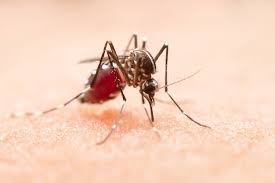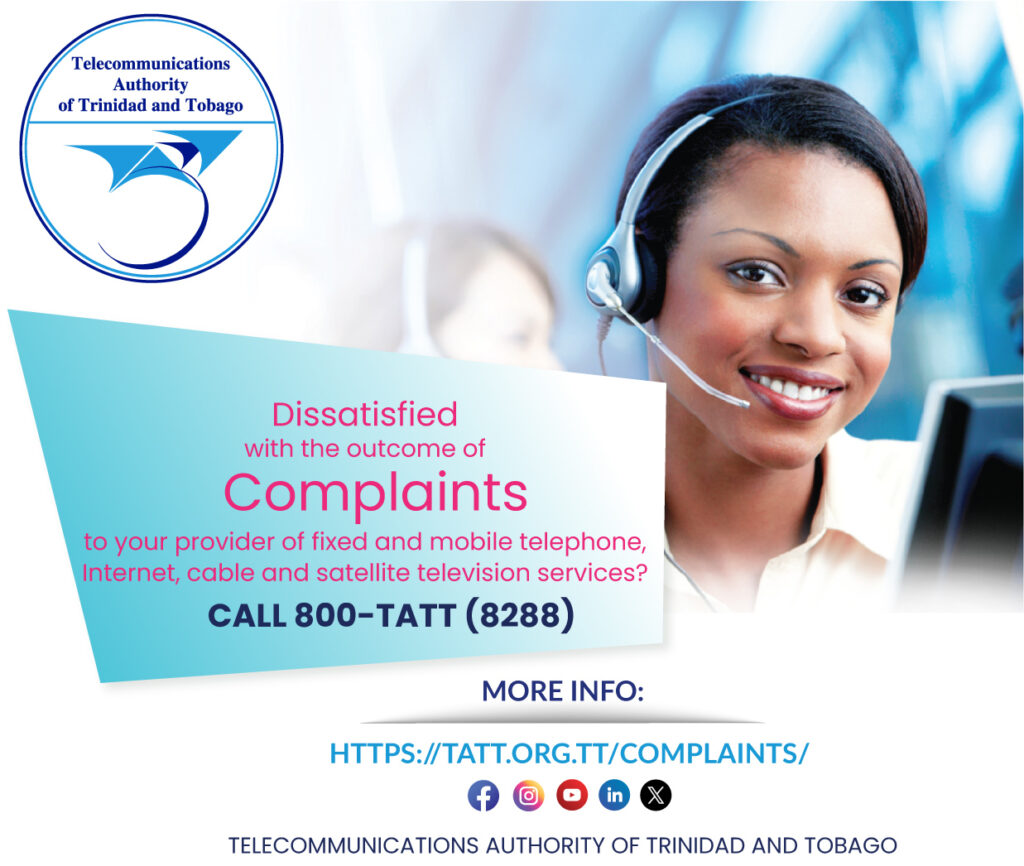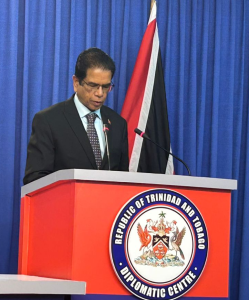
AS the death toll for dengue fever moves to eight and the confirmed cases continue to rise to a staggering 712, every citizen must be concerned about this.
Apparently, it seems that the government is not taking adequate steps to combat the deadly virus seriously. The number of dengue cases has already put increased pressure on the healthcare system, leaving all of us questioning the effectiveness of the government’s response to this epidemic.
Dengue fever, a mosquito-borne viral infection, has always been a troubling health issue in Trinidad and Tobago. The death rate is very high with the number of deaths reaching eight and cases continuing to rise surpassing 700.
The situation has become really alarming and is causing anxiety among the people, with many citizens posting on social media and local forums to express their concerns about the government not taking this seriously. While the minister of health and the Ministry of Health have stated that they are implementing some measures to curb the spread of the virus, we the citizens are not seeing these efforts being effective and they seem to be insufficient given the severity of the situation.
The government has started mosquito control programmes, such as fogging and spraying insecticides in affected areas. The minister however will counter and say over spraying is not necessary as it doesn’t work well, but in reality we are not seeing the effects of the spraying and it seems to be sporadic and not widespread enough. People that live in rural areas including central and south Trinidad report that fogging is not going on or is delayed, leaving them vulnerable to mosquito bites.
One thing the government has done although not that effective is that they launched public awareness campaigns to educate citizens about dengue symptoms, there is a noticeable gap in efforts to curb the spread. Depending particularly on citizens to try and remove any old tyres and containers that may hold stagnant clear water.
They are defending on the residents themselves to prevent the spread. However, in remote communities they still remain unaware of essential preventive measures. The campaigns seem not to be effective and is being poorly received by the population. They do not target those most at risk.
We always have hospitals struggling to accommodate the influx of patients normally and with the rise of dengue cases this has already overwhelmed the public hospitals and their staff. There are already reports of shortages of medical supplies, the IV fluids and platelet transfusion kits that are needed for treatment. Our Government continue to let us down with this essential equipment needed to treat dengue effectively.
What more needs to be done? Insect Vector Control must increase its efforts propelled by the government insisting it targets effective mosquito control methods, increasing the fogging and spraying in areas that have the highest risk. We need regular and consistent spraying across all regions and further we need to ramp up spaying in densely populated and rural communities. We need to have increased accessibility and availability of medical supplies, expanding hospital facilities, and providing additional training to healthcare workers.
Also by collaborating with international partners the government can seek assistance from international health organisations where experts can help give ideas on how to combat the outbreak. This could include securing additional resources, such as medical supplies and expertise. Any assistance from international partners can definitely only help us in this situation.
We need to implement long-term prevention strategies as well. The government must develop long-term strategies to prevent future outbreaks. Improving waste management and sanitation frameworks will help reduce mosquito breeding sites, and ensuring better funding for insect vector control to combat the problem.
This dengue problem in Trinidad and Tobago is something that has already had a devastating impact on the way the government have handled this infectious disease. We continue to have grave concerns that these measures they have implemented are not enough.
We must not forget that lives are at stake and prevention is what’s needed now, the government must act swiftly to prioritise the health and wellbeing of its citizens above all things. They must serve the people.
Neill Gosine is an insurance executive. He is sometimes a temporary Opposition Senator, an ex-treasurer of the UNC and a former chairman of the National Petroleum Marketing Company of Trinidad and Tobago (NP). He holds a Doctorate in Business Administration, a Master’s in Business Administration MBA, BSC in Mathematics and a BA in Administrative Studies. The views and comments expressed in this column are not necessarily those of AZP News, a Division of Complete Image Limited
![]()













